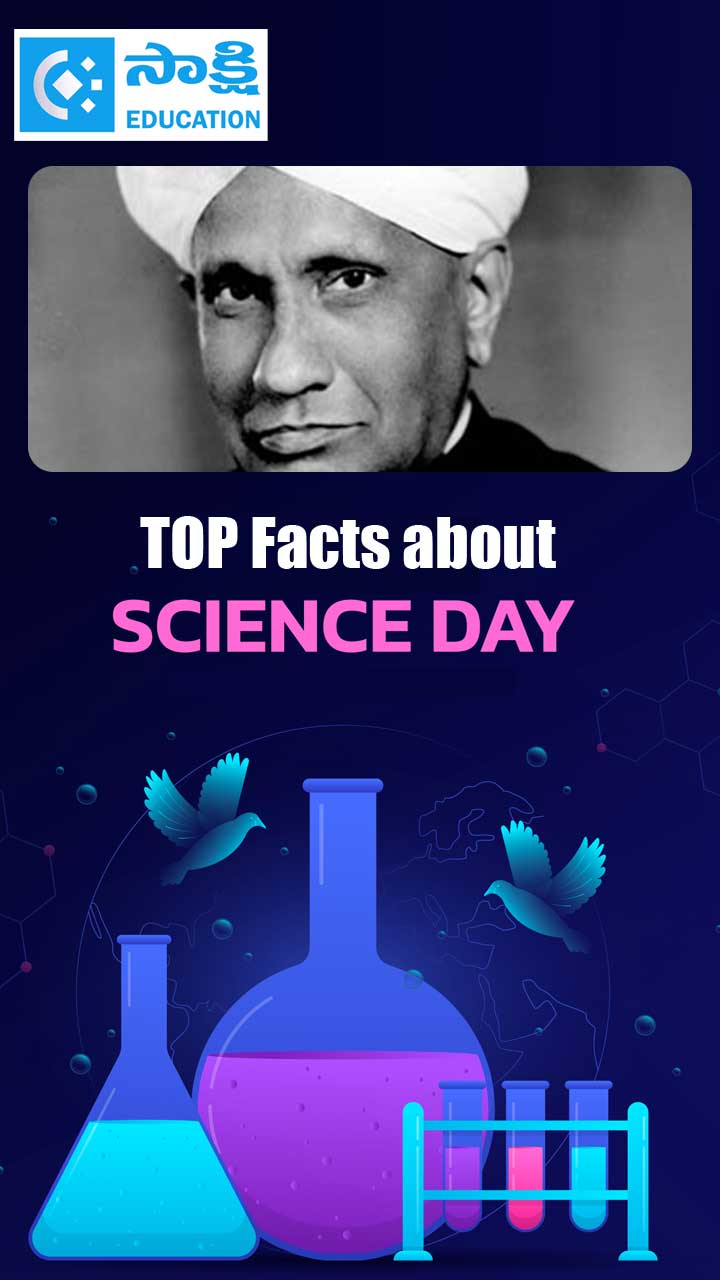Join DRDO: Patriotic and Paying

History of DRDO
DRDO plays a key role in Indian defence. It develops technology for use by Indian military forces. The organisation was founded in 1958 by the merger of the Technical Development Establishment and the Directorate of Technical Development and Production with the Defence Science Organisation.
DRDO has a network of 52 laboratories in all over India, and covers almost all areas of defence technologies including aeronautics, armaments, electronic and computer sciences, human resource development, life sciences, materials, missiles, combat vehicles development and naval research and development. The organisation includes more than 5,000 scientists and about 25,000 other scientific, technical and supporting personnel.
Recruitment at DRDO
DRDO recruits engineers who are strong in subject, quick, responsive and have good analytical skills. DRDO Recruitments and assessments for employees will be taken care by dedicated recruitment arm, Recruitment and Assessment Centre (RAC) situated at Delhi. It is not a compulsory to recruit Scientists every year through off campus, but fresh recruitment depends on the requirement projected by various laboratories and their projects assignment. The recruitment committee will decide number of posts in each discipline and method of selection process. Based on the number of posts and expertise required, the recruitment committee may decide the number of posts should be fulfilled by campus interviews in prestigious institutions like IITs and IISc or by Scientist Entrance Test- SET, allowing filtration of all the candidates across India.
In pursuit of self-reliance in critical technologies relevant to national security, DRDO formulates and executes programmes of scientific research, design, development, testing and evaluation of various systems, subsystems, devices and products required for defence of the nation. DRDO employs highly qualified and competent scientists and technologists who constitute the Group ‘A’ (Class I Gazetted) Service known as Defence Research & Development Service (DRDS).
The selection of candidates for direct recruitment of Technicians and Senior Technical Assistants, Administrative and Allied category employees in DRDO is through Centre for Personnel Talent Management- CEPTAM. Unless asked to apply, BE, B. Tech. and above qualified candidates are not eligible to apply for CEPTAM recruitment.
Beside other benefits, the emoluments of DRDS Scientists as per 6th Central Pay Commission are as given below in INR:
| Grade | Pay Band Rs. | Grade Pay Rs. | Initial Pay in Pay Band Rs. |
| Scientist 'B' | 15,600-39,100/- | 5400/- | 15,600/- |
| Scientist 'C' | 15,600-39,100/- | 6600/- | 18,750/- |
| Scientist 'D' | 15,600-39,100/- | 7600/- | 21,900/- |
| Scientist 'E' | 37,400-67,000/- | 8700/- | 37,400/- |
| Scientist 'F' | 37,400-67,000/- | 8900/- | 40,200/- |
| Scientist 'G' | 37,400-67,000/- | 10,000/- | 43,000/- |
| Scientist 'H' (Outstanding Scientist) | 67,000-79,000/- | --- | 67,000/- |
| Distinguished Scientist (DS) | 75,500-80,000/- (HAG+Scale) | --- | --- |
| Secretary DD R&D, DG R&D and Scientific Adviser to Defence Minister | 80,000 (fixed) | --- | --- |
Recruitment Procedure
RAC recruits candidates in the following procedure.
- Campus Selection: The Campus Selection under Talent Search Scheme shall be made from the Institutes of Technology, the Indian Institute of Science, the National Institutes of Technology and other recognized Premier Institutions/ Universities as decided by DGR&D depending on the discipline-wise requirement of the Organisation.
- Eligibility: Final year/ pre-final year student of BE/BTech/BSc (Engineering) who have cleared all papers and secured First Class or equivalent CGPA up to the last semester are called for interview in their respective disciplines.
-
- Through Aeronautical Research & Development Board (ARDB) Fellowship
The ARDB scholars are inducted at Scientist B level into DRDO on completion of their sponsored degree programme. The scholars are interviewed by RAC during their final semester of their BE/BTech or ME/MTech degree and requisite numbers are selected provisionally subject to completion of necessary prescribed qualification and other formalities for appointment to Group A post of Govt. of India with field service liabilities.
- DRDO SET: Unless there is specific reason, it is a common practise that RAC release a recruitment notification in April/May and the test will be conducted in August/September. So, if you want to work for our nation, you must start preparing for the screening test very much before the notification. After screening test RAC will constitute the boards for interviews.
- Eligibility: The prescribed Essential Qualification as mentioned in the advertisement is bare minimum and mere possession of same does not entitle candidates to be called for interview. The regular qualification required may be as the following, but not limited to-
- BE/ BTech or ME/MTech: Aeronautical, Civil, Electrical, Chemical, Computer, Electronics/Electronics & Communication, Instrumentation, Mechanical, Metallurgy Engineering.
- MSc: Chemistry, Physics, Maths, Operations Research, Statistics.
- Eligibility: The prescribed Essential Qualification as mentioned in the advertisement is bare minimum and mere possession of same does not entitle candidates to be called for interview. The regular qualification required may be as the following, but not limited to-
- Pattern of the SET: It contains two parts of the exam:
- Section 'A': 100 questions, to test the candidate's knowledge in the subject
- Section 'B': 50 questions, to test the candidate's ability in analytical and qualitative skills, current affairs and general awareness and to test the aptitude and scientific knowledge required for Applied Research & Development.
- Talent Search Scheme (exclusively for NRIs)
He/She should have acquired higher degree/qualification viz. ME/ M.Tech/ MS, Ph.D or Post Doctorate from abroad or worked (not as JRF /SRF after M.Sc/B. Tech) in an R&D laboratory/ organization abroad in an advanced area of R&D of relevance to DRDO.
The other factors specified in the job specification, the age limit, shall have to be met, in case the scientist is considered for regularization. Practical working experience matching to the level of considered appointment would be a pre-requisite.
Work life at DRDO
Once you become the member of DRDO family, you will be treated as a star scientist. And, for sure, you will be thinking about strengthening Indian army and the nation.
In DRDO superiors will encourage you to bite more than what you can chew by guiding you in the field of research.
All central government privileges can be availed and treated as a Class-I gazetted officer working under directly president of India.
Dependents like wife, children, mother and father are come under Central Government Health Scheme (CGHS) medical coverage and other privileges like LTC all India trips and home town trips can be availed as per central government norms.
Model Questions of DRDO SET
The way of asking the multiple choice questions are quite different from conventional type tests. You must have in-depth knowledge in the subject to answer the questions in this exam.
Sample Bit Questions:
Q. 1. Which of the following properties of air increase with rise in temperature?
- Specific Gravity
- Specific Heat
- Thermal Conductivity
- Kinematic Viscosity
Which of these properties are correct?
- 1, 2, 3 and 4
- 1, 2 and 3 Only
- 2, 3 and 4 Only
- 1 and 4 Only
- Constant enthalpy lines on T-S diagram
- Constant enthalpy lines on T-P diagram
- Inversion curves on T-S diagram
- Inversion curves on T-P diagram
- It is an adiabatic process
- There is no work transfer in the process
- Entropy increases in throttling process Which of these statements are correct?
- 1, 2 and 3
- 1 and 2 Only
- 2 and 3 Only
- 1 and 3 Only
- The equation of state is not by itself sufficient for calculation of properties such as u, h and s
- Throttling process is an adiabatic steady flow process
- Increase in entropy in the wet region is directly proportional to the increase in enthalpy Which of these remarks are correct?
- 1, 2 and 3
- 1 and 2 Only
- 1 and 3 Only
- 2 and 3 Only
While answering this type of questions, you must read the question twice thoroughly the before answering the question. So, to prepare well for the SET, you must give a break to their enjoyment at least for two to three months.
Preparation Plan for the Screening Test:
Based on the above questions, you may have understood that, preparing for competitive exam is completely different from regular exams. College exams are normally prepared for everyone to score good marks, but competitive exams are different.
“Questions in Competitive Exams are not difficult, they are just different.”
So, you need to be ready to give sufficient number of hours of time for studies.
However, its better not to look out for shortcuts. Instead, try to understand the concepts in detail and practice sufficient number of questions. Go for standard textbooks, study materials from institutes which work as supplementary and complementary notes to the textbook.
For example, in Mechanical Engineering, there are many subjects might have been studied during the course. But out of them, we may suggest some of the most important subjects.
| Subject | Referred book |
| Machine Design | J. E Shigle & Charles, R. MIschke, |
| Heat and mass transfer | J. P Holman, R. C. Sachdeva |
| Theory of machines | S S Rathan, Timoshanko |
| Thermal Engineering | R K Rajput, J. Selwin, Rajdurai |
| Metallurgy and material Science | Sidney H Avner, Dieter, V Raghavan |
| Operations Research | J. K Sharma, Vivekkumar |
| Production Engineering | P. C Sharma, P. N Rao |
| Thermodynamics | P. K Nag |
| Strength of materials | S Ramamrutham & R Narayan, Dr B. C Punmia & Arun K Jain |
s-With inputs from Scientists in DRDO.


















